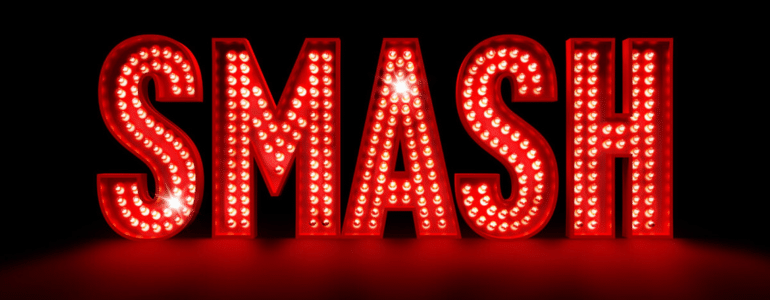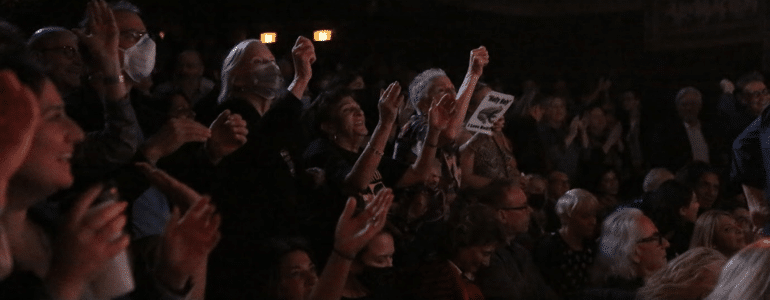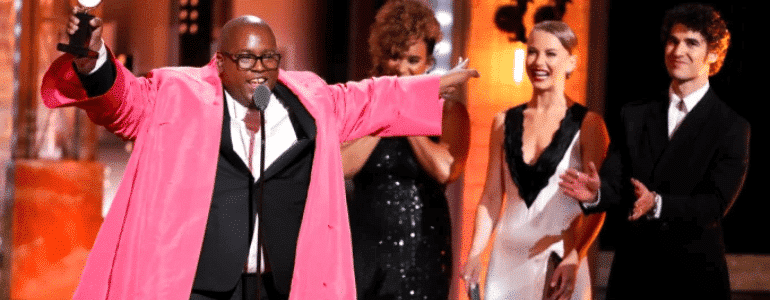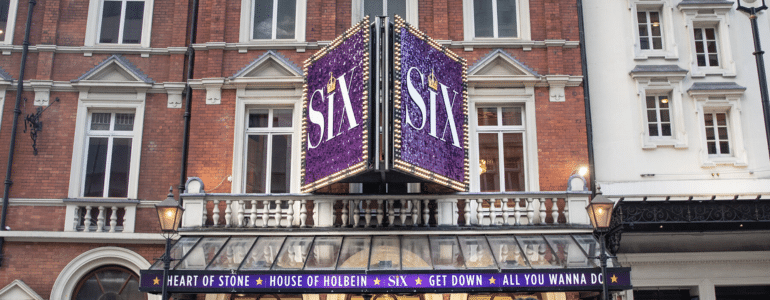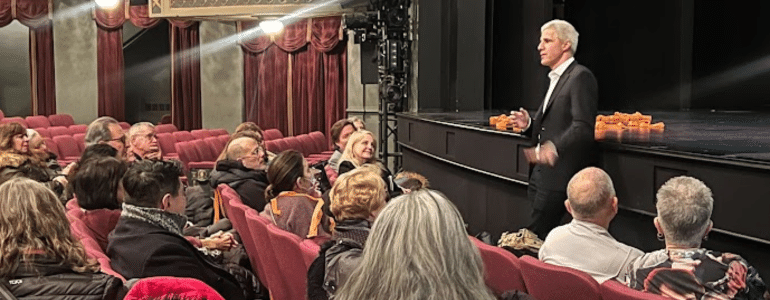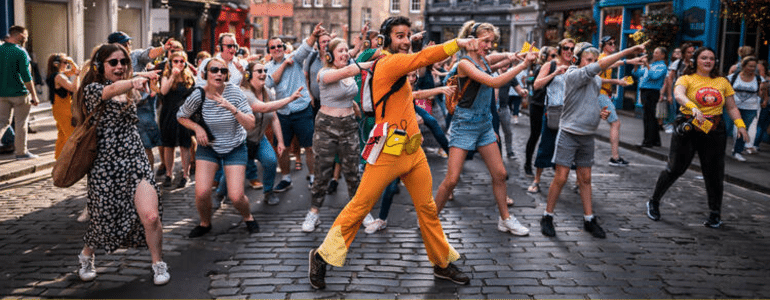Why We Keep Watching SVU (And What We Can Learn From It)
If you’re like me, then you have access to over 1,000 channels of television, streaming and more.
And yet, somehow, you always wind up back on Law & Order: SVU (Insert “dum, dum” sound effect here).
Why is that? What does Benson (and sometimes Stabler) have that keeps us coming back?
Here are three reasons why SVU has had a spell on us for over 22 (!) years and how you can apply their tricks to your shows:
- The stakes can’t get any higher.
For a drama to be successful, it needs to be, well, dramatic. That means the stakes need to be high for the hero.
Well, Law & Order, like all police dramas, is life or death. Literally. (So are medical dramas – which is why they also make popular TV shows.) The highest of high stakes is in the DNA of every single episode. You know you’re signing up for a heart-rate-racing story when you turn on the channel.
Your show may not be a police drama . . . but whatever the conflict is, it needs to FEEL like life or death for your protagonist, even when it’s not.
- The objective is clear. And the outcome clearer.
“What does your hero want,” is a common note I’ve given to others AND to myself when reviewing scripts. Well, in SVU, there’s a crime at the top of every episode. So what does our hero(s) want? To catch the criminal. That’s it. You know what the want is before the show even starts!
And if that wasn’t enough, at the end of the show, a judge declares the criminal guilty or innocent. End of story and end of episode. The audience has the cathartic resolution that it craves in all dramas in one those words or the other.
It’s the clearest arc there is. There’s no question if the hero got what they wanted. Or not. And that clarity satisfies the audience in a way that many shows don’t.
In your plays and musicals, make sure your resolution is as clear as a judge’s verdict. Your ending doesn’t have to be a happy one, but it has to be clear.
- Each episode exists on its own.
SVU is episodic. There’s a new plot every week. It’s like, well, a new play, every single week. Sure, same main characters. Same want. Same resolution.
But new story.
It’s both familiar, but brand new. Every time you tune in. You don’t need to have watched for 22 years to enjoy the next episode.
Does that mean your play or musical needs to have 22 previous versions to work? No, of course not. But the takeaway here is if you do NOT have 22 years of history, then you need to make sure your story hooks your audience deep and FAST. Otherwise, they’ll wriggle off the hook.
And if all that wasn’t enough . . .
Here’s a FOURTH reason why SVU captures our attention like Benson captures criminials.
- Ripped from the you-know-where.
SVU has a “true crime” feel by using real life stories as its source material. That’s right, just like so many Broadway shows, SVU is an adaptation. And not only does SVU benefit from having a factual story as a foundation to build open, the “real life” spookiness of the plot, makes an audience lean in just a little closer and say, “This actually happened!”
When creating plays or musicals, look to see what YOU can adapt – whether’s that’s a movie or newspaper article . . . or even an event from your own life.
So, if you want to create a SVU like “show” just following these simple steps:
- Make it life or death, even if it’s not life or death.
- Make the hero’s want clear and whether they get they want or not even clearer.
- Hook your audience in the first few pages, and don’t let go.
- Find something to adapt . . . and the more real you can make it feel (even if it’s not real at all), the better.
What are your reasons for watching SVU? Or your favorite TV show? Talk about it now in our Facebook group for TheaterMakers.
Podcasting
Ken created one of the first Broadway podcasts, recording over 250 episodes over 7 years. It features interviews with A-listers in the theater about how they “made it”, including 2 Pulitzer Prize Winners, 7 Academy Award Winners and 76 Tony Award winners. Notable guests include Pasek & Paul, Kenny Leon, Lynn Ahrens and more.







